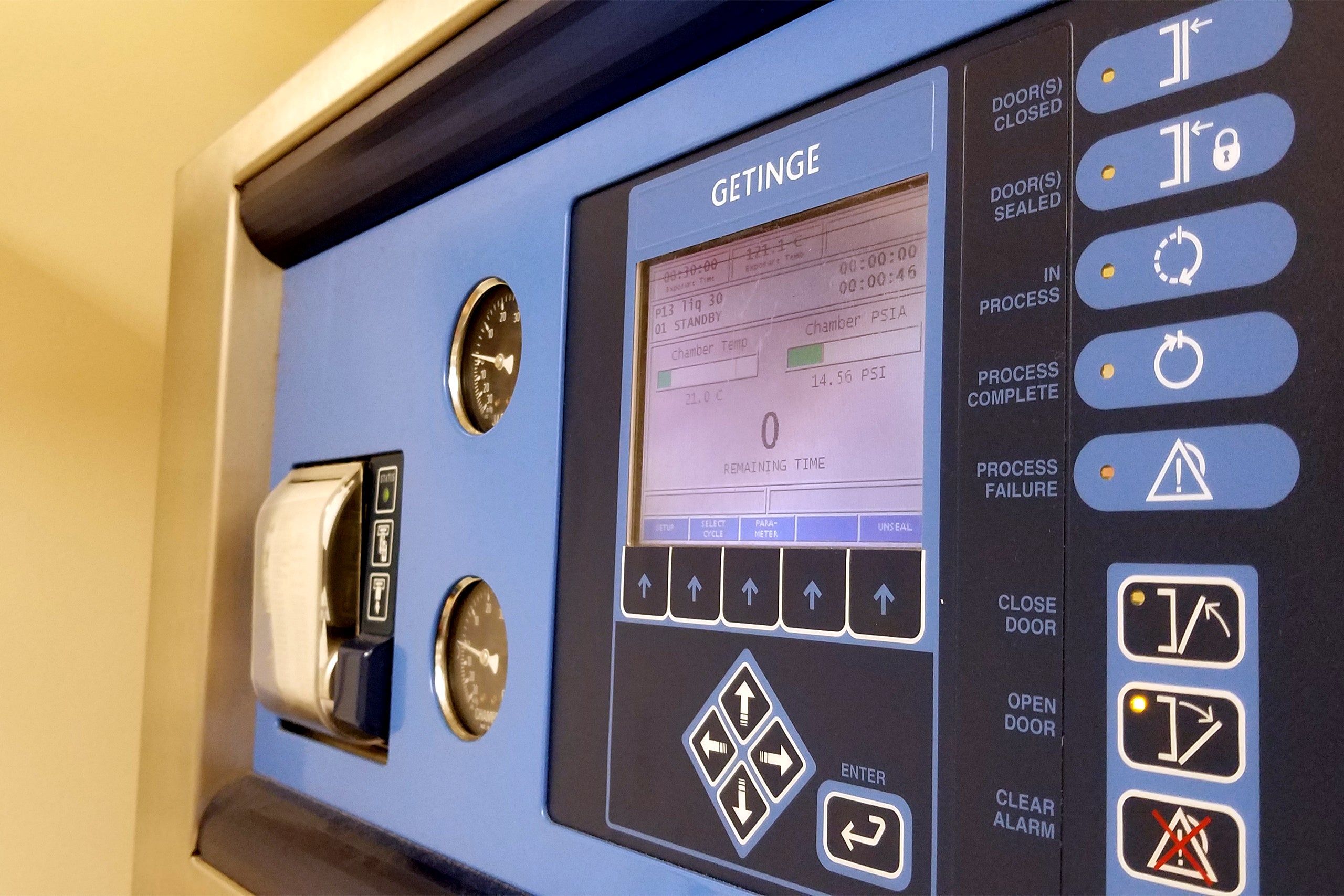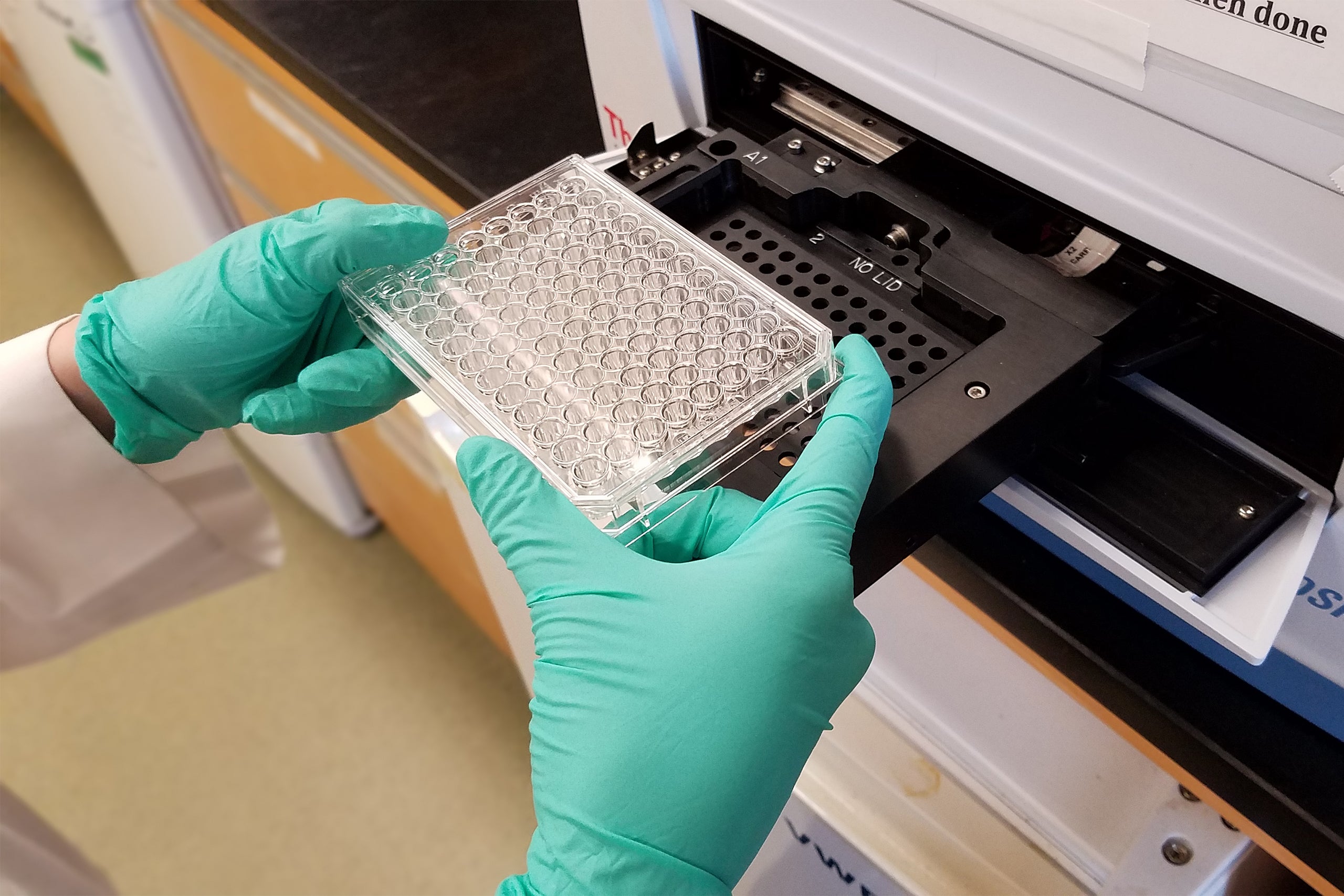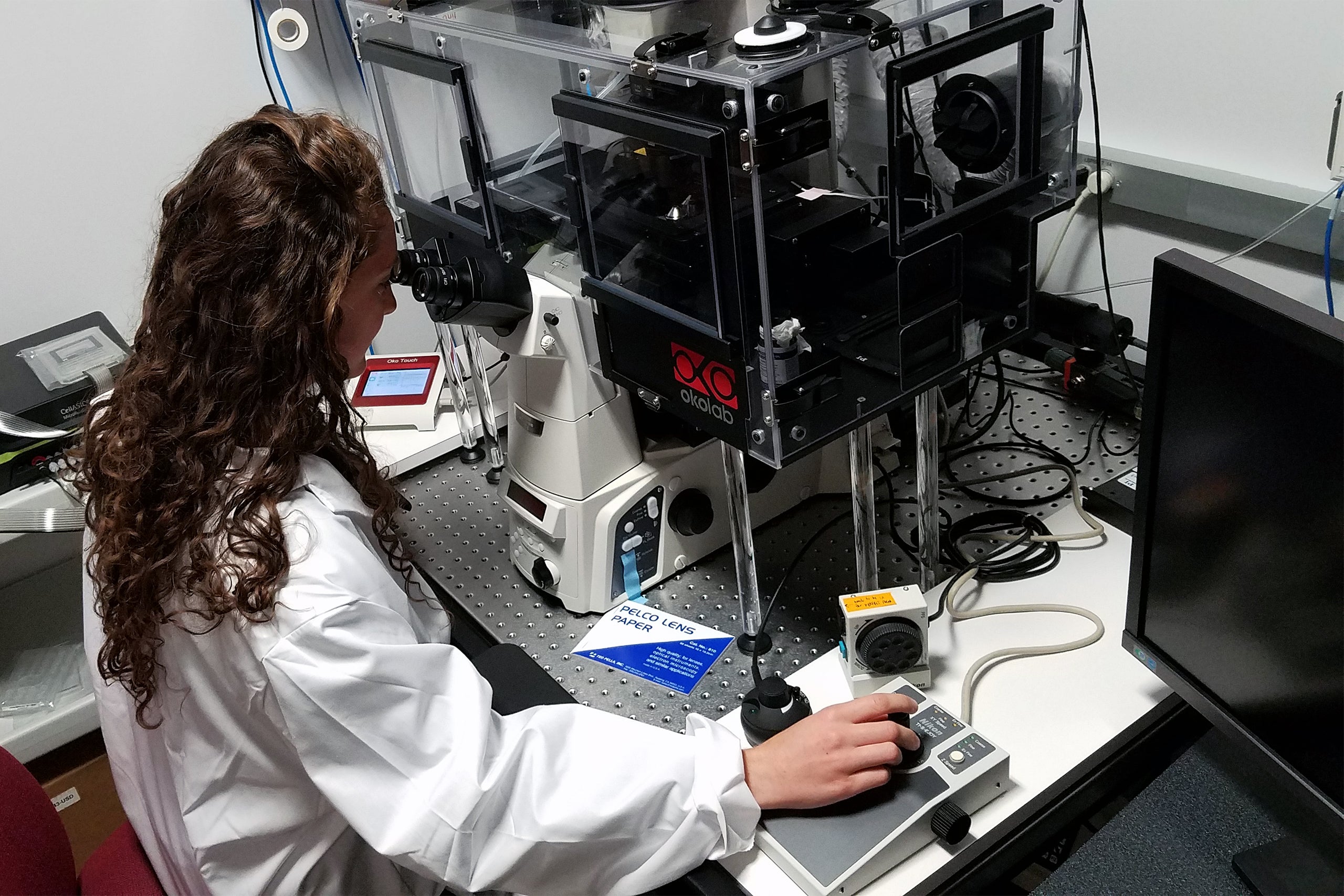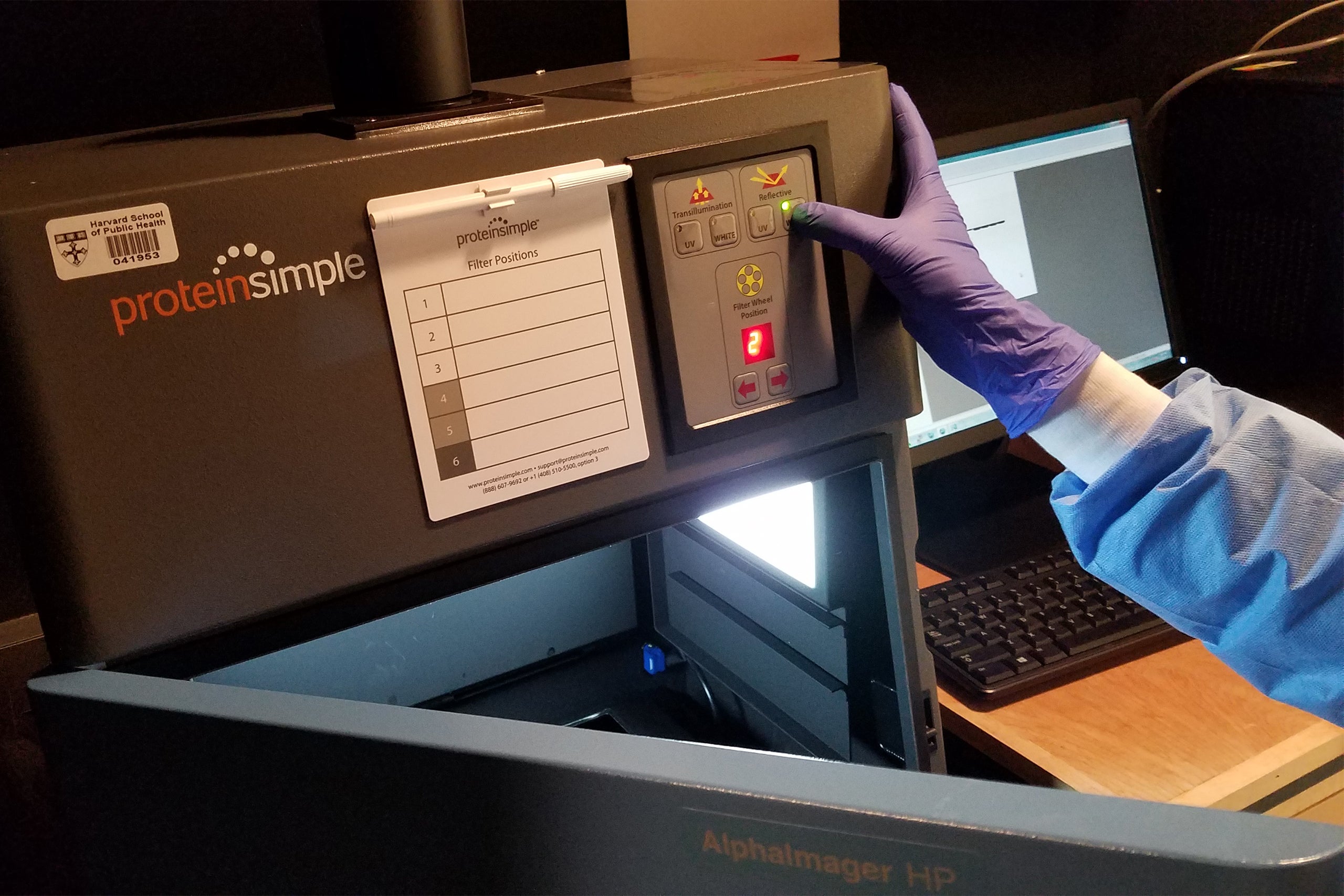Department of Immunology and Infectious Diseases
We lead efforts to treat and prevent infectious diseases by conducting pioneering research into the biological, chemical, and genetic factors behind pathogens.
IID Labs and Facilities
Explore our 13 laboratories and research groups dedicated to investigating a range of critical diseases, such as Tuberculosis, Malaria, Ebola, Zika, COVID-19, Cancer, HIV/AIDS, and infectious disease outbreaks. Our labs and research groups are at the forefront of scientific discovery, driving advancements in understanding and treating these pressing global health challenges.
Beyond our laboratories, we support four specialized facilities that enhance the translational impact of our research: the Gnotobiotic Mouse Facility, the Arthropod Containment and Plasmodium Infection BSL2 Facility (Insectary), the HCSPH BSL3 Core Facility, and the Advanced BioImaging Center. These state-of-the-art facilities enable our researchers to transform groundbreaking research into high-impact publications and real-world applications.





IID Labs
IID Facilities
Over 800 sq ft for gnotobiotic husbandry and experimentation and a techniplast isocaging system. These gnotobiotic husbandry resources are necessary for the proposed mouse gnotobiotic and conventional mouse preclinical studies which are actively maintained in the facility. We also have a Storz mouse colonoscopy system and ultrasound to assist with our genetically engineered and orthotopic models.
Since the 1990s, the HCSPH has provided BSL3 facilities for the study of BSL3 pathogens including TB, HIV (large-scale culture), flaviviruses, and coronaviruses to researchers from many area institutions and industry partners. The BSL3 is financially self-sustaining. The facility has dedicated staff offering training, research support, experiment design consultation, and facility management. The facility offers access to equipment used in microbiology, molecular virology, and tissue culture.
A USDA-certified facility to import and/or transfer controlled materials, organisms, and vectors for malaria and related research from the USA, Africa and other parts of the world. The ACL2 is equipped with stereomicroscopes for mosquito dissections and embryo/larval/adult injection.
The ABiC will support the BSL3’s existing network of academic-industry partnerships focused on the development of therapeutics for BSL3 pathogens as well as provide new opportunities for partnership. The demands of the COVID pandemic led to the expansion of capacity for drug and vaccine development for infectious diseases. As the need for new therapeutics for COVID subsides, this capacity is now pivoting to address other unmet needs for vaccines against endemic and emerging pathogens. The HCSPH BSL3 is a national center of excellence for work on these organisms and will provide industry and academic users with the capacity to perform studies on the wild-type forms of relevant pathogens in order to increase the translational impact of their work and likelihood of product success.